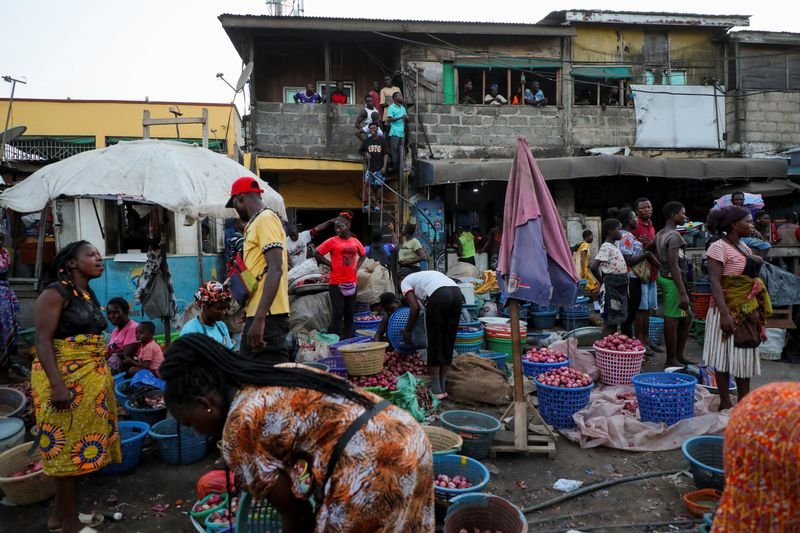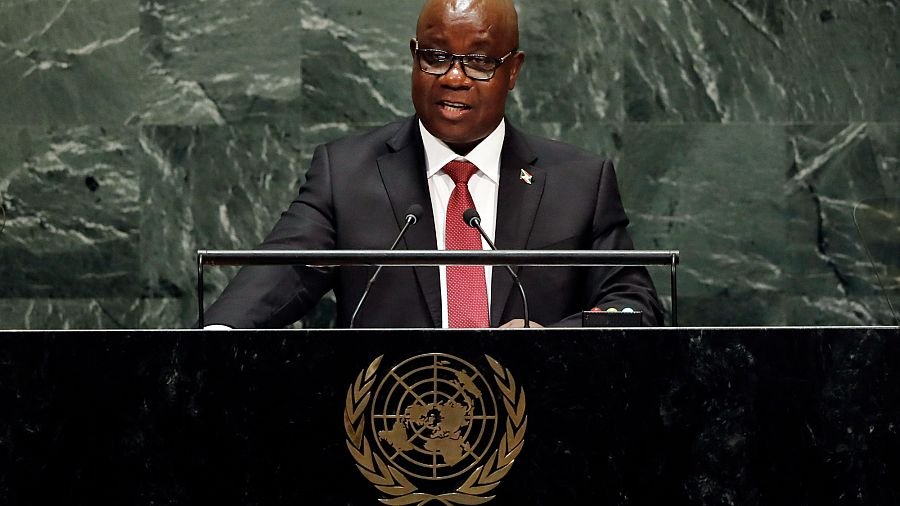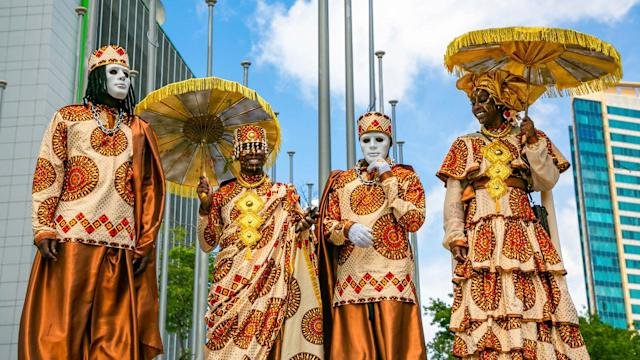In a bold move on Wednesday, Ghana’s central bank reduced its key interest rate by three percentage points, marking a significant shift as the country begins to recover from its most severe economic crisis in decades.
The monetary policy committee reached the decision by majority vote, slashing rates from 28 per cent to 25 per cent, the biggest rate cut in the bank’s history.
According to the bank, the decision reflects a growing belief in the country’s progress toward reducing inflation, which has seen consumer prices fall at a pace never experienced before.
In June, consumer inflation dropped to 13.7 per cent year on year, down from 18.4 per cent, the sixth consecutive monthly decline.
Meanwhile, since the beginning of the year, Ghana’s currency, the cedi, has gained more than 40 per cent against the US dollar.
This turnaround has been caused by stronger foreign reserves, increased export activity, and rising investor confidence, causing effective change.
Still, despite these signs of recovery, many Ghanaians continue to struggle as the cost of living remains high.
Food inflation, although on the decline, stood at 16.3 per cent in July, higher than the overall inflation rate.
Earlier this month, the International Monetary Fund acknowledged that Ghana, one of the world’s leading cocoa and gold producers, was making steady progress in the economic reforms and debt restructuring efforts launched since President John Mahama took office in January.





